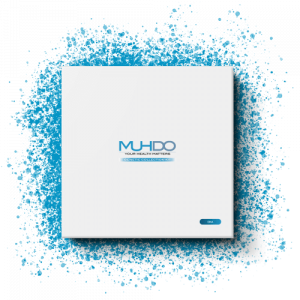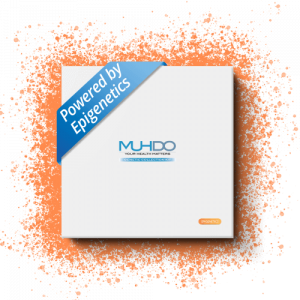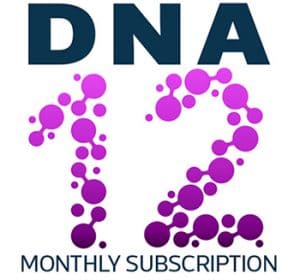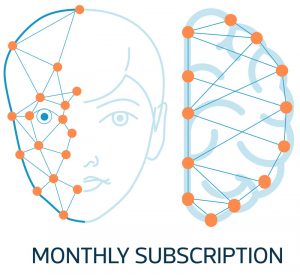Follow the link to read about the differences between biological and chronological ages, with a brief synopsis as to why a biological age could be 5 years younger than an actual chronological.
As well as biological age there are 3 further health ages that Muhdo analyses, which is a world’s first in the field of health science, genomics and epigenetics.
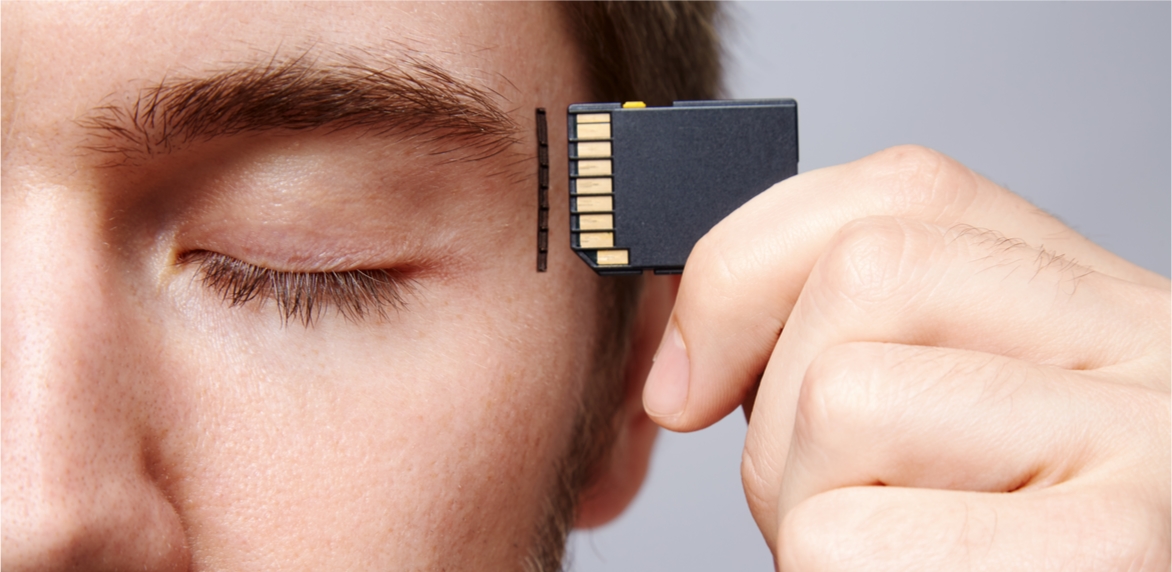
Memory age Vs chronological age
Today we will be looking at James’ memory age in comparison to his chronological age then explaining how it could affect his health.
We will go through James’ personal results, and then explain as to perhaps why he has a specific outcome.
Next we’ll ask the question of “How has James’ lifestyle over the last 10 to 15 years affected his brain, memory and cognitive health”?
Ending with what lifestyle changes can he look to introduce to his day to day life to hopefully improve his memory health and wellbeing.
Ageing and memory loss
There are ever increasing links between ageing and memory loss or more serious brain diseases such as Alzheimer’s and dementia. Taking steps to improve your memory (or slow down the memory loss and your ability to learn) will play an important part in our lives as we grow older.
Memory is how we encode information that has been stored in the brain. It’s a processing system that is imperative to everyday life and is often split into working (short-term) memory and long-term memory.
The difference between James’ memory age, 31.6 years, and chronological age 41, years is calculated by taking the average methylation status of the genes associated with memory for people within his age range.

Methylation
Methylation is a chemical process that sits above your genes and regulates their function and how they express themselves.
Luckily James’ initial memory score is 9.4 years younger than his actual age and well within what we would deem as the “Healthy Range”.
This indicates that the genes associated with his memory are in fact ageing at a much slower rate.
There are various reasons, both lifestyle and environmental, that your memory score will be either higher or lower than your actual age.
But just as your genes can be negatively affected by your lifestyle and environment, they can also be improved with small changes to those same lifestyle parameters.
So once again, we will place our Sherlock Holmes deerstalker on and go through James’ day to day routine with a fine-tooth comb to better ascertain as to why his memory age is 9.4 years younger.

Memory and diet
The first area that we will look at is James’ diet and exactly which foods or nutrients are having an effect on his brain, memory and cognitive health.
“Let food be thy medicine and medicine be thy food” was the famous quote attributed to Hippocrates.
And never has a truer word been said.
Worryingly the vast majority of people still haven’t got the slightest clue with regards to what they are eating each day.
Are most people following a balanced diet?
90% of the population do not realise that whatever you eat, or drink actually becomes part of you and affects your energy, emotions, sleep, stress, overall health, etc.
Let’s take a quick look at the main foods that are a stable part of James’ day to day diet that attribute to helping him have such a healthy memory and brain age.

Omega-3 fatty acids
There are various health benefits that are associated with both types of omega-3 fatty acids, that is EPA, DHA (found in fish) and ALA (located in flaxseeds, walnuts and brussels sprouts).
From building the nerve endings within your brain to reducing chronic fatigue and inflammation (which has been shown to help reduce cognitive decline and ageing), the effects of Omega-3 fatty acids have many positive memory-boosting properties.
James has been taking an Omega-3 supplement for as long as he can remember (no pun intended) as he doesn’t tend to eat a lot of fish.
There has been an abundance of research conducted into the health benefits of Omega-3; both EPA/DHA from fish, as well as ALA from plants.
Maintaining healthy levels of both have played a part in forming the foundation for not only his memory/brain health but his overall health and wellbeing.

Avocados
Avocados, while not having high levels of ALA Omega-3, are packed full of other beneficial nutrients such as potassium, folate, magnesium, and vitamin k.
They also offer a carotenoid called lutein, which has been shown to boost our working memory and cognitive health.
Avocados have been a stable part of James’ diet for the last 6 years or so.
L-Glutamine
L-Glutamine is a nutrient that you may not have heard of before, but it has a strong association with memory and concentration levels. L-Glutamine is also an important amino acid, which is located throughout the body with heavy concentrations found within the muscle tissue, intestinal walls and central nervous system.
You can find L-Glutamine in a variety of foods such as meat, dairy and vegetables, but unfortunately it is an extremely heat-sensitive nutrient with much of it being lost in the cooking process.
Therefore, it would be more beneficial to eat your vegetables uncooked and to also take a separate L-Glutamine supplement.

Exercise
As we previously mentioned in the biological age article, exercise plays an integral role in brain and cognitive health.
Exercise increases the expression of BDNF (Brain Derived Neurotrophic Factor), which will improve your cognitive performance, memory and help alleviate anxiety and the physical symptoms of stress.
Aerobic exercise such as cycling, running and swimming being amongst the best types, but more specifically HIIT (High Intensity Interval Training) which has shown to induce the greatest amounts of BDNF.
BDNF is fundamentally important for your brain cells to remain healthy, with low levels linked to poor memory, depression and possibly Alzheimer’s and Dementia.
Sleeping
And again, the importance of sleep and getting enough rest comes into play.
Sleeping is very important as it repairs a lot of the damage done during the day. It also activates the glymphatic system, which is a complex network of blood vessels that extends from the spinal chord all the way throughout the brain.
During our sleep we will actually release cerebral spinal fluid up into the brain to wash out all the cellular waste products that have built up during the day.
So, getting a good night’s sleep has many positive health connotations, from repairing your DNA and increasing your antioxidants to improving the length of your telomeres, which slow the ageing process, and are seen as mother nature’s stopwatch.




